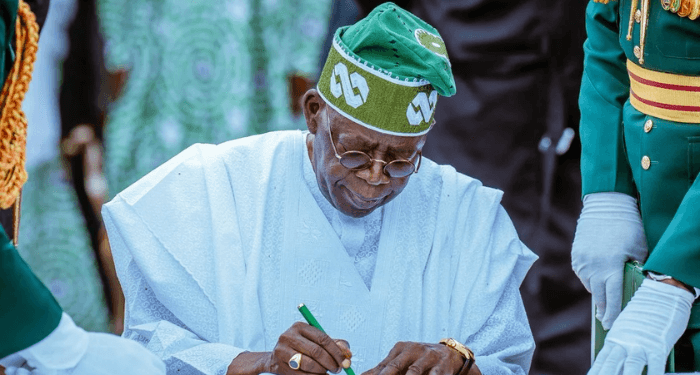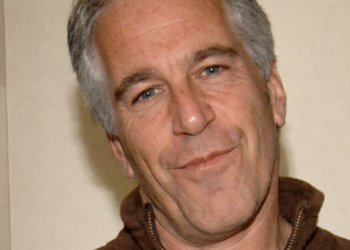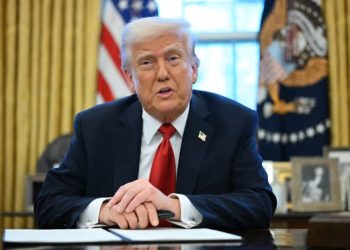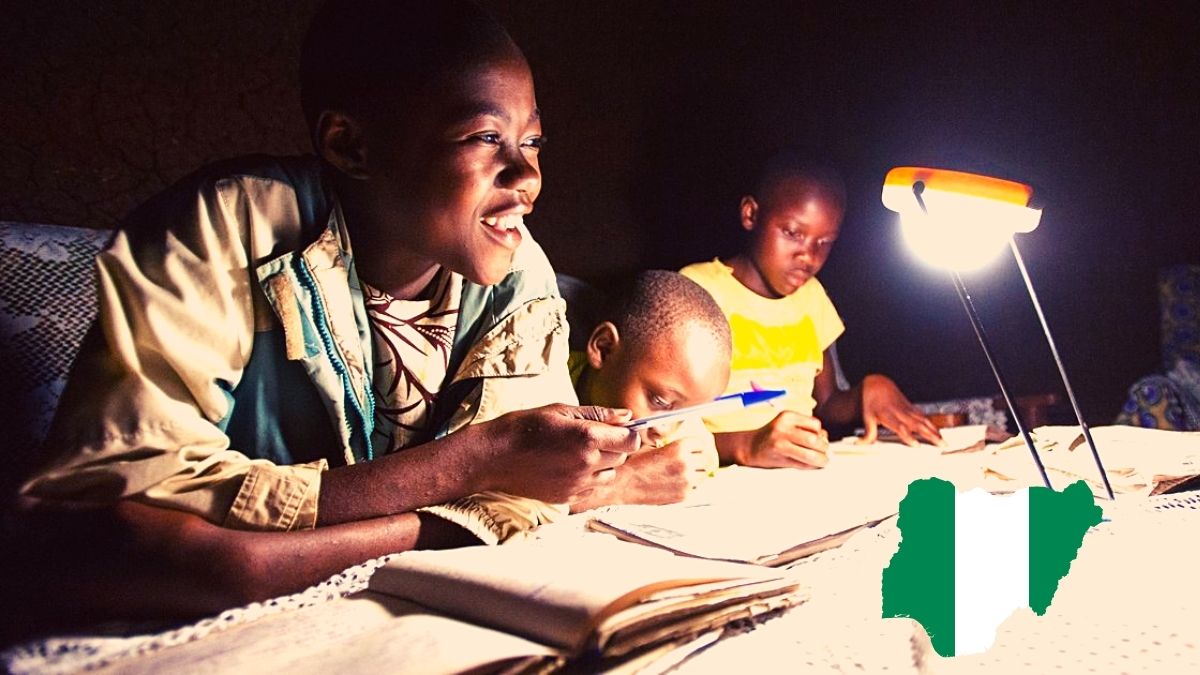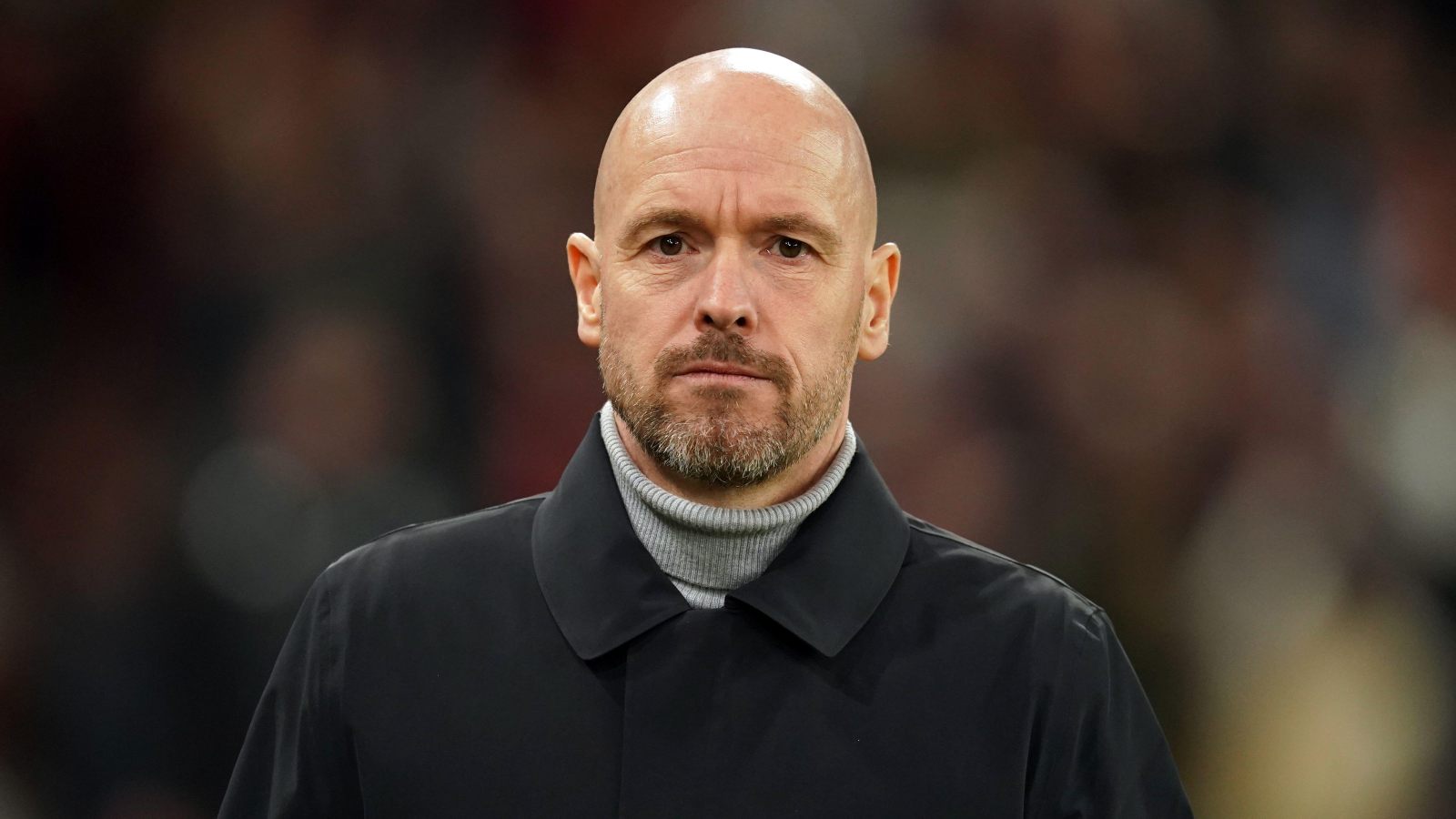When the President decided to hand a major part of Nigeria’s security direction to a joint team built around a US partnership, it sent a strong message about how desperate the current situation has become. This new structure, built through the recent visit to Washington, places the National Security Adviser, Nuhu Ribadu, at the centre, supported by ministers, defence chiefs, and intelligence heads.
The Team Behind the New Collaboration
The government released the full list of officials who will sit on the Nigerian side of this working group. The NSA leads, backed by the ministers of foreign affairs, defence, interior, humanitarian affairs, the Inspector General of Police, the DG of the intelligence agency, and the Chief of Defence Staff. The administrative work falls to officials from the NSA office and the embassy in Washington.
This collection of top names tells you one thing: the government wants to show seriousness. But seriousness alone does not guarantee progress. Nigeria has had committees, panels, and “joint groups” for years. The missing part has always been follow-through.

What This Means for Nigeria.
The idea behind forming this team is simple: bring in stronger international support to face Nigeria’s worsening insecurity. But building a security framework tied so closely to a foreign partner has two sides. It may strengthen coordination and resource-sharing. It may also create dependence. A country that cannot police itself cannot fully negotiate from strength.
This move, which flows from the President’s decision to rely more on this joint structure, suggests that the government is hoping external guidance will help fix weak systems at home. But without internal reforms, no foreign ally can fix Nigeria’s long-standing problems.
The Political Weight of This Decision
This step also sends a political signal. By shaping a security plan around a foreign partnership, the President is telling Nigerians that internal agencies alone cannot deliver results. It is indirectly an admission that the security architecture has failed.
The challenge, however, is that such a shift needs transparency. Nigerians were not told the details of what the delegation negotiated in Washington. We do not know what the US expects in return. And when things are not clear, suspicion grows.
Can This Joint Structure Deliver?
For this partnership to work, the Nigerian side must first fix its own house. Coordination between ministries is usually slow. Agencies fight for power. Policies are repeated every year without results.
Even the people appointed to this team have to admit that poor internal discipline has weakened the fight against insecurity. If these problems are not solved, no international collaboration can save the system.
Why Nigerians Are Watching Closely
Citizens want results, not broadcasts. They have heard statements before. They have seen countless committees with bold promises. This new plan tied to the US will be judged only by its outcomes, reduced kidnappings, better policing, stronger intelligence, and safer communities.
The nation is tired, and people want proof, not speeches.
A Strategy That Must Not Fail
As Nigeria steps into this new phase shaped around cooperation with the US, the stakes are high. If this joint approach fails, public trust will sink further. But if it succeeds, it will reshape how security is handled in the country.
This is why the President’s willingness to place such a large portion of the strategy into a partnership-driven structure creates both hope and pressure. It is a brave step, but also a risky one, and the country cannot afford another failed security plan.
Bottom Line
This new phase, built around the President’s choice to align the nation’s security strategy with a US-linked working group, will define the next chapter of the fight against insecurity. Nigerians expect honesty, transparency, and real progress. The leadership owes them that much, especially now that this partnership has become central to the nation’s future direction.

